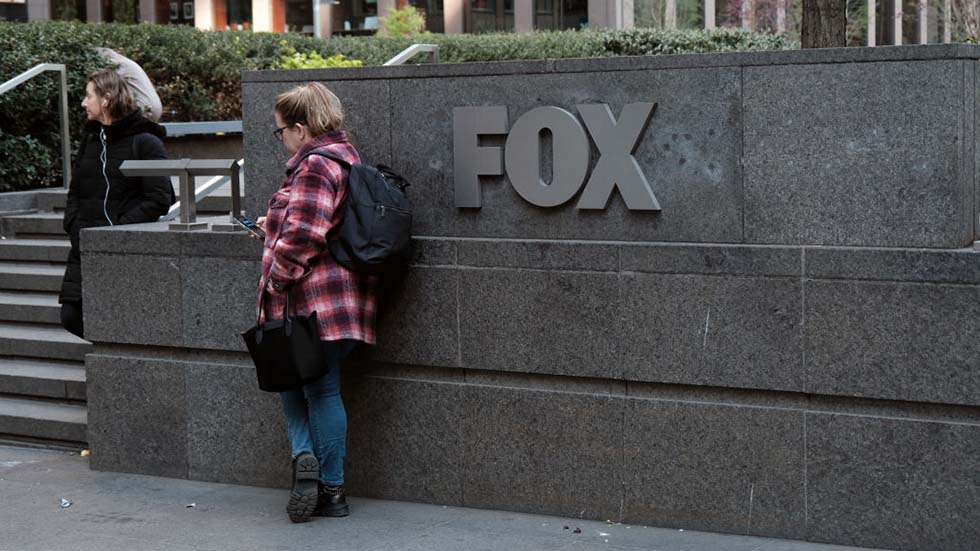Former GOP FCC Chair Alfred Sikes Backs Fox License Hearing
George H.W. Bush-era agency chief says issue is whether truthfulness matters

The smarter way to stay on top of broadcasting and cable industry. Sign up below
You are now subscribed
Your newsletter sign-up was successful
Former Republican Federal Communications Commission chair Alfred Sikes says the agency should hold a hearing on Fox Corp.’s fitness to hold TV-station licenses.
Sikes, who served as chair during the presidency of George H.W. Bush and during Fox chair Rupert Murdoch’s building of a broadcast network with the help of FCC waivers, has lent his support to a petition to deny the license of Fox's Philadelphia TV station.
The Media and Democracy Project (MAD), citing Fox’s settlement of the Dominion Voting Systems lawsuit over election misinformation, in July challenged the renewal of Fox-owned WTXF Philadelphia, and by extension Fox’s character qualifications for holding any TV station licenses at all.
“The FCC has allowed the pledge to operate in the public interest to become perfunctory at best,” Sikes said to the commission in an informal objection to the station license renewal. “If the public interest means anything, the FCC must designate for a hearing the application of the Murdochs and Fox for renewal of their license to operate station WTXF, Philadelphia. That application should be closely scrutinized in public hearings and courtrooms.”
The FCC is authorized to review a license applicant’s “citizenship, character, technical, financial and other qualifications.”
Fox has suggested that to deny the renewal would be a case of the government trying to tell it how to run its news operation, quoting FCC chair Jessica Rosenworcel back when she was a commissioner and former President Donald Trump was making threats about broadcast license challenges. “The First Amendment ensures that what we see on television, hear on the radio, read in print, and interact with on the Internet is free from interference,” Rosenworcel once wrote. “No government official has the right to use their power to dictate what news organizations can say.”
While Fox concedes that broadcast speech has lesser protection from regulation than other content, thanks to the Supreme Court decision in the Red Lion case, it said that in the context of license renewals, the FCC has signaled it will tread lightly.
The smarter way to stay on top of broadcasting and cable industry. Sign up below
Sikes conceded that FCC “treading lightly” precedent, and is no fan of it.
“It is no secret around Washington that when it comes to sanctioning licensees the FCC is essentially 'all hat, no cattle,’” he said. “Defenders of fecklessness argue that any penalty imposed because of station content at least flirts with the government censoring free speech. In short, these defenders say speech can be outrageous but nonetheless the speaker is free from government intervention.”
Contributing editor John Eggerton has been an editor and/or writer on media regulation, legislation and policy for over four decades, including covering the FCC, FTC, Congress, the major media trade associations, and the federal courts. In addition to Multichannel News and Broadcasting + Cable, his work has appeared in Radio World, TV Technology, TV Fax, This Week in Consumer Electronics, Variety and the Encyclopedia Britannica.

